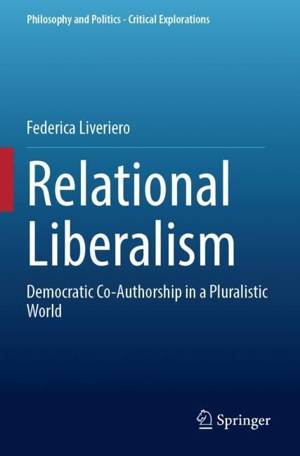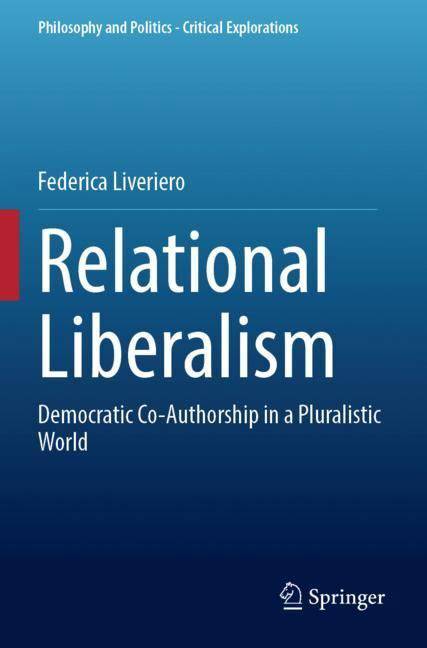
- Afhalen na 1 uur in een winkel met voorraad
- Gratis thuislevering in België vanaf € 30
- Ruim aanbod met 7 miljoen producten
- Afhalen na 1 uur in een winkel met voorraad
- Gratis thuislevering in België vanaf € 30
- Ruim aanbod met 7 miljoen producten
Omschrijving
This book investigates the unresolved issue of democratic legitimacy in contexts of pervasive disagreement and contributes to this debate by defending a relational version of political liberalism that rests on the ideal of co-authorship. According to this proposal, democratic legitimacy depends upon establishing appropriate interactions among citizens who ought to ascribe to one another the status of putative practical and epistemic authorities. To support this relational reading of political liberalism, the book proposes a revised account of the civic virtue of reasonableness along with an investigation of the epistemic-specific dimension of political equality.
By engaging with political epistemology and social theory, this book explores ways to address inherent tensions within the liberal paradigm, using the following strategies of addressing these tensions: first, it defends a twofold model of legitimacy that distinguishes the goals, methodologies, and justificatory tasks of both ideal and nonideal phases of the two-level justificatory framework; second, it contends that democratic legitimacy requires an engaged and contextual critical appraisal of the injustices that characterize our daily social lives, illustrating how structural forms of injustice represent a profound betrayal of the liberal ideal of democratic legitimacy.
Specificaties
Betrokkenen
- Auteur(s):
- Uitgeverij:
Inhoud
- Aantal bladzijden:
- 291
- Taal:
- Engels
- Reeks:
- Reeksnummer:
- nr. 24
Eigenschappen
- Productcode (EAN):
- 9783031227455
- Verschijningsdatum:
- 16/02/2024
- Uitvoering:
- Paperback
- Afmetingen:
- 155 mm x 14 mm

Alleen bij Standaard Boekhandel
Beoordelingen
We publiceren alleen reviews die voldoen aan de voorwaarden voor reviews. Bekijk onze voorwaarden voor reviews.









